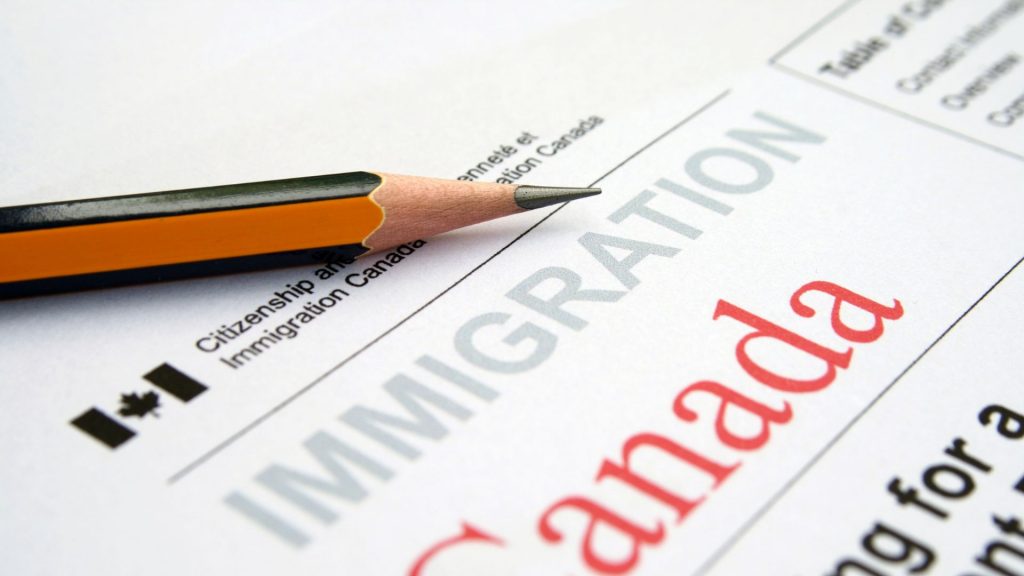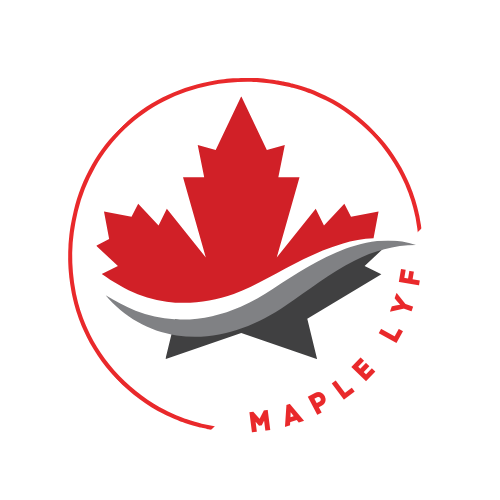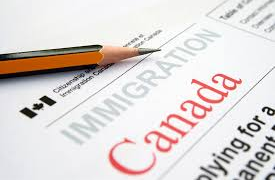
Between 2022 and 2024, Canada expects to welcome almost 1.3 million additional immigrants! In this article, we’ll go through the 5 easiest routes you may take to move to Canada in 2022 out of the various options available. Visit our main Canadian Visa immigration page if you’re interested in learning more about all the available immigration options.
It’s difficult to immigrate to Canada. To successfully apply for and be granted Canadian immigration, one must go through a number of stages. Additionally, the procedure may take a few months or perhaps a few years. However, by being aware of your alternatives, you may increase your odds of success and steer clear of “pitfalls,” annoyances, and delays. Here, you may find information about how to relocate to Canada for job, school, or other reasons.
1. Express Entry Program
Express Entry is a Canadian immigration program that enables people to live and work as skilled employees in Canada. With the use of the new system, Citizenship and Immigration Canada (CIC) will be able to actively identify, seek out, and choose immigrants with the necessary skills and/or credentials for federal economic immigration programs:
Federal Skilled Worker Program (FSWP)
The Federal Skilled Trades Program (FSTP)
The Canadian Experience Class (CEC)
In order to fill job market demands, the Provincial Nominee Programs of each province and territory will be able to recruit qualified applicants via the Express Entry program.
The FSW draw hasn’t happened since December 2020, and the CEC hasn’t happened since September 2021, despite the fact that this is often one of Canada’s most watched shows. The Covid-19 epidemic has also resulted in delayed processing times, however we still urge you to apply as everything should be back to normal by the middle of 2022.
2. Family Class Sponsorship
The foundation of Canadian immigration law continues to be family reunification. Families in Canada are able to sponsor their kin to live here permanently. You must be a Canadian citizen or legal permanent residence to be eligible to sponsor your relative. Your spouse and children under the age of 22 are additional individuals you may sponsor (there are some exceptions to this). It is currently not possible to sponsor your parents or grandparents. Under the Super Visa Category, you may bring them into Canada.
3. LMIA Work Visa
Numerous candidates for Canadian immigration first receive employment offers in Canada, apply for a work visa, and then decide to come to Canada. After receiving a job offer from a Canadian company, the candidate must apply for a work visa after the LMIA has been granted by Service Canada. Although it is an extremely laborious procedure, it can result in permanent residency in Canada.
4. The Provincial Nominee Programs (PNP)
An increasingly common approach to come to Canada is through the PNP route. Alberta, Ontario, British Columbia, and other Canadian provinces have created their own immigration procedures that frequently result in a fast-track procedure. The PNP category, on the other hand, often demands that candidates live in the relevant Provinces after they arrive in Canada. Additionally, in order to be eligible, the majority of PNPs demand a work offer from a Canadian business.
5. Canadian Investor Immigration
High net worth people who have owned or managed enterprises abroad are eligible for the Investor Category. They contribute to the growth and success of Canada’s economy by enabling seasoned businesspeople to make investments there. In Canada, there are essentially two investor programs: the Quebec program and the Federal Investor Program. Both systems have fairly comparable requirements, including a high net worth and a sizable commitment made over a 5-year period in an authorized investment fund. The applications of investor immigrants may list their spouses and children as dependents.
Applications for the federal Immigrant Investor Program and Entrepreneur Program that were still pending as of June 2014 were terminated. Both the Quebec Entrepreneur Program and the Quebec Investor Program were unaffected.






